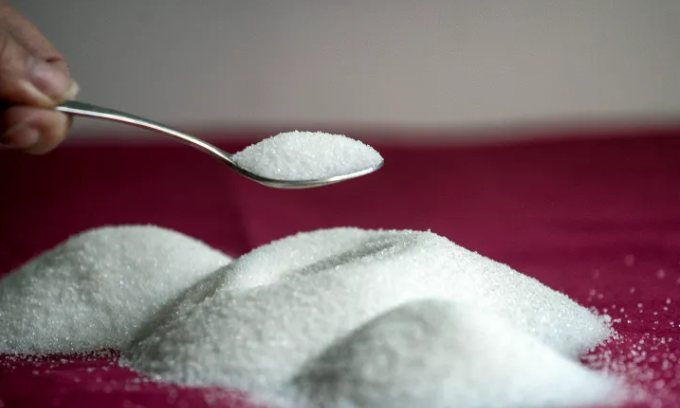In a city where bubble tea and dessert cafés line every corner, Singapore’s ongoing battle against diabetes remains challenging. The government has lo
In a city where bubble tea and dessert cafés line every corner, Singapore’s ongoing battle against diabetes remains challenging. The government has long promoted healthier habits and has recently introduced new measures to help consumers identify lower-sugar options. Yet, sugar remains a hidden ingredient even in unlikely drinks.
For Singaporean Jacky Tan, a health-conscious research assistant, avoiding sugar is a daily challenge, especially when it comes to treats like ice cream. Growing up, he saw his father opt for “kopi siu dai” to cut back on sugar. Surprisingly, even a “siu dai” coffee can contain around 3.25 tablespoons of sugar.
As a research assistant at Allozymes, Tan is part of a team striving to reduce sugar consumption. Founded in 2019, the Singapore-based protein engineering startup specializes in enzyme development for industrial uses, including the food and agricultural sectors.
One of their latest innovations could change the way sugar is consumed. Allozymes has created a healthier, more sustainable sugar alternative by converting agricultural waste like sugarcane and corn into a fiber-based sugar that’s low-calorie and low-GI, meaning it raises blood sugar levels more gradually than table sugar. This alternative has about 50% fewer calories and a 50% lower glycemic index, making it an ideal choice for health-conscious consumers.
The sustainable nature of Allozymes’ sugar is also a plus. Unlike conventional sugar production, which consumes vast amounts of water and land, their process relies on enzymes created in the lab, eliminating the need for additional cropland. This upcycling approach results in a much lower carbon footprint compared to traditional sugar.
Despite the differences, the new sugar alternative tastes and behaves just like regular sugar, making it ideal for foods and beverages where taste matters. Allozymes is now in the regulatory approval phase and testing the sugar alternative in popular treats like bubble tea and cookies. Backed by the Temasek Foundation, the company expects its fiber-derived sugar to reach markets by 2025.
Tan is optimistic, believing that consumers today are savvy and open to healthier choices. As he puts it, “a life without sugar is not a life worth living,” especially when it doesn’t require sacrificing taste.



COMMENTS